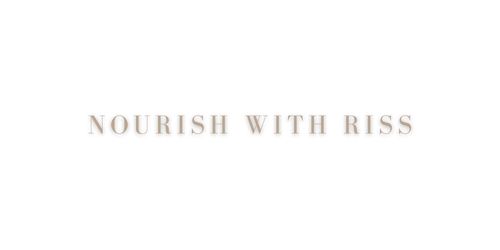If you’re wondering (or assuming) where this is going, I’ll tell you it can be applied to almost any aspect of life. Setting goals can be in relation to physical health yes, but spiritual, financial, and emotional goals can also be impactful to pursuing a life of improvement. My goal here (see how I did that) is to encourage good habits that lead to you achieving your greatest aspirations through practical actions.

“Specific and challenging goals coincide with higher performance.” Looking to an influencer on social media or someone famous as ‘goals’ is not what we are talking about here. More simply put, the more specific your goal is, the more likely you are to perform well and achieve that goal. Don’t just take my word for it– this idea was tested in laboratory and field studies which proved to be true 90% of the time. I trust those odds!
What are examples of specific goals? And how does one approach setting them?
My husband and I figured if we wanted to attack our goals, we needed to start by finding the best way to tangibly define them. Our approach: writing out sections (mine are physical, spiritual, and emotional/mental) to place individual goals into. These are our personal goals over the course of the year, but can be applied on a smaller scale for a monthly or weekly basis. I try not to have more than 3 large goals in each section to make it realistic and attainable, whilst continuing to challenge myself.
I’ll give you a good and bad example from our year’s lists to help guide your goal setting process. Luke has an added section that I did not include which is ‘Financial’. Here, he set the challenging, precise goal of saving a percentage of his income. Because it is so exact, the steps in achieving it are direct (but not necessarily easy). A poor example of a specific goal is from my ‘Spiritual’ section; be in the Bible everyday. Nice in theory, but not distinct enough to hold onto for 365 days…probably why I have not been nearly consistent with it. Had I set to read the entire Bible in a year, then I might still be on track with a direct pathway to get there.
This is only the beginning step in the sometimes long undertaking of goal achievement, but, done well, it leads to directing our attention on specific avenues that will get us there, an increase in persistence since it is in writing, and it encourages developing a strategy for motivation. These benefits came from a scientific study, so again, trustworthy!
It’s never too late to set a goal! This may be a post more relevant to the start of the new year, but you may find yourselves similar to me in a mid-year slump, realizing you haven’t begun half of the tasks you wanted to, while still having a long road to completion on the other half. Don’t be bogged down by what you have done thus far– progress must start somewhere!
My advice to you: remember to tailor your specific goals for varying timelines (day, week, month, year), put it in writing, and give yourself grace if you don’t hit the mark, because chances are, you’re closer to your goal than when you wrote it down!
I hope these words provide you with the nourishment you need to take the leap of setting some goals for yourself! Stay tuned for a post that piggy-backs off this topic: discipline.
